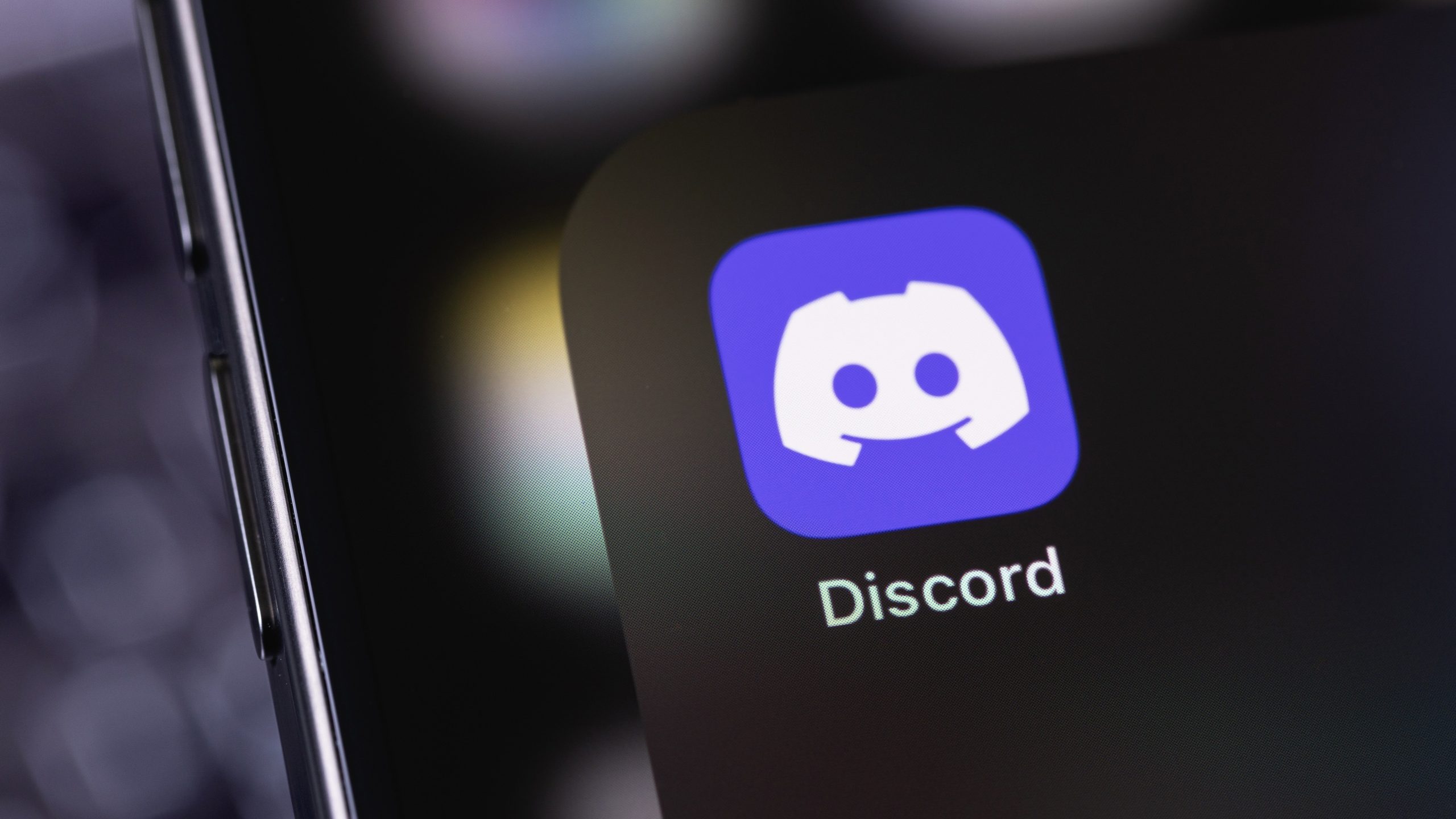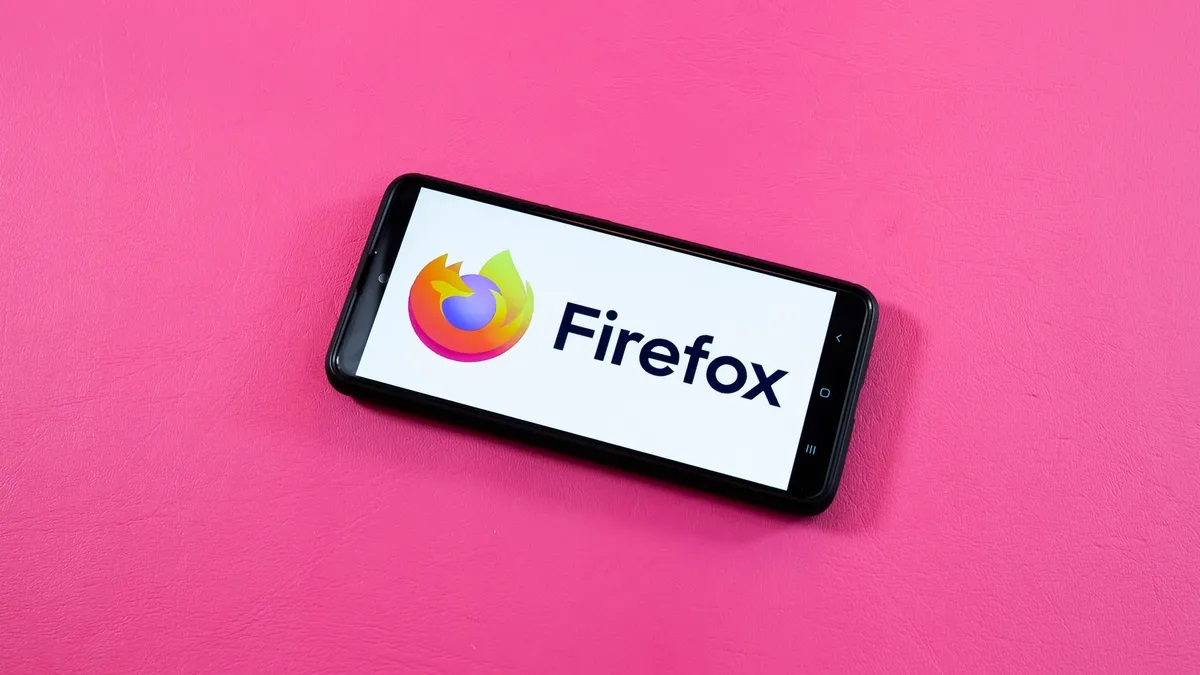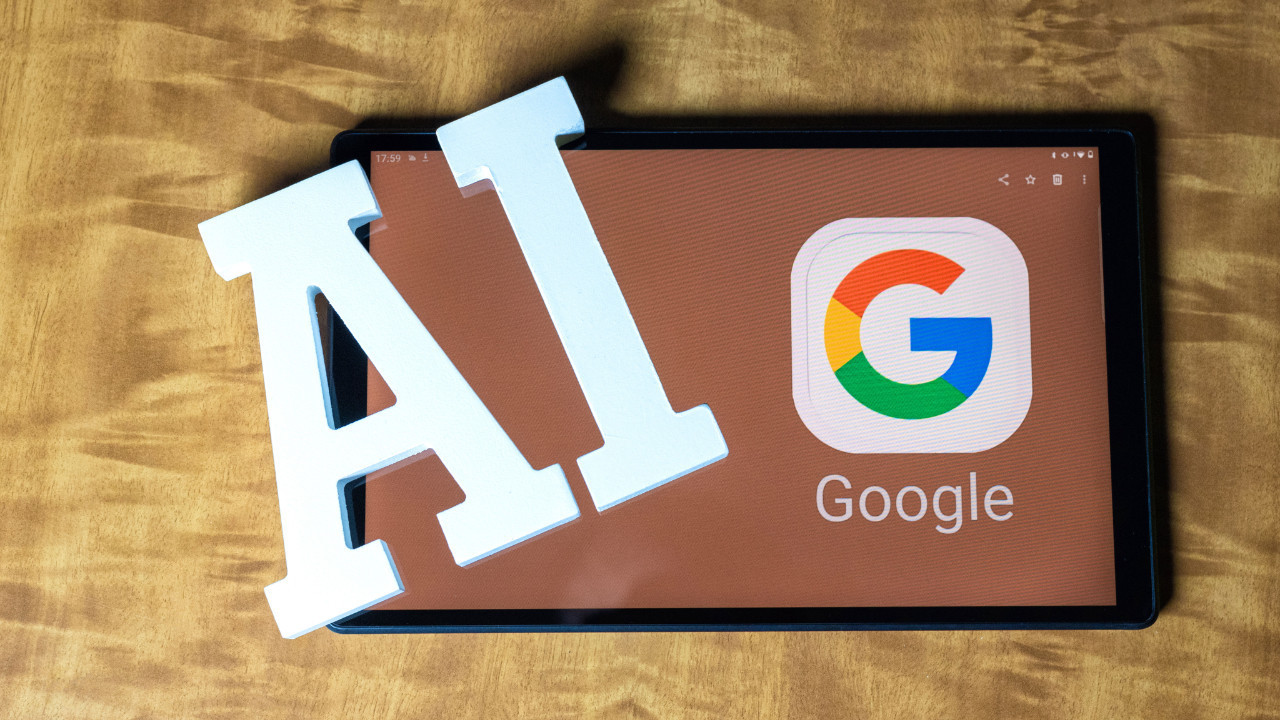Discord has confirmed that a recent data breach involving one of its third-party service providers exposed sensitive personal data from tens of thousands of users — including images of government IDs such as passports and driver’s licenses. The company stated that while its own network wasn’t directly compromised, a vendor used for customer-service operations suffered an intrusion that affected users who had interacted with Discord’s support team.
What Data Was Leaked?
The breach reportedly included a wide range of personal details: full names, usernames, email addresses, billing details, the last four digits of payment cards, purchase histories, IP addresses, and communications between users and Discord support agents. In addition, some corporate materials — like internal presentations and training documents — were also taken.
However, the most alarming revelation is that the hackers may have accessed about 70,000 government ID images. These were submitted by users who had been asked to verify their age after being incorrectly flagged as minors on the platform. Initially described as affecting a “small number” of users, the scope turned out to be significantly larger.
Why Did Discord Collect Government IDs?
Discord introduced an age-verification process to comply with new content-safety regulations. Users who were mistakenly identified as under 18 could appeal by uploading a picture of themselves holding a government ID showing their birth date, or a paper with their Discord username. The verification process, however, was handled by an external third-party provider — the very system that hackers targeted in this breach.
More Than Discord Admits?
According to security researchers, the stolen data may go beyond what Discord has officially acknowledged. Reports suggest that the attackers also obtained details such as whether an account had completed age verification, users’ geographic information (city, state, country), the status of multi-factor authentication (MFA), and the last login time on Discord.
Why This Matters: The Risks of Digital ID Verification
This incident highlights the growing privacy risks associated with companies requiring users to upload government IDs for verification purposes. While the goal is to protect minors and maintain safer online environments, outsourcing these processes increases exposure to breaches. Once an external vendor is compromised, users’ most sensitive data — including identity documents and biometric information — can be leaked beyond recovery.
Age verification mandates are becoming more common across the U.S. and internationally. For example, certain states now require age verification before users can access adult content or even download specific apps. YouTube also uses AI to estimate users’ ages and asks for identification if its algorithm is uncertain. Unfortunately, every time such systems collect ID data, they create new potential targets for hackers.
The Bigger Picture: A Dangerous Precedent
As digital identity checks expand, the Discord case could serve as a warning for policymakers and tech companies alike. Even if the intentions are good — protecting young audiences — the practice of storing sensitive personal documents in third-party databases poses serious cybersecurity challenges. If a breach affecting 70,000 users can occur from a single platform’s support vendor, imagine the potential damage if entire populations’ ID data were stored this way.
Discord has contacted affected users by email, advising them on next steps and how to monitor their accounts for suspicious activity. The company is also reviewing its partnerships and internal data-protection protocols.
How to Protect Yourself After a Data Breach
- Check for official communication from Discord and follow any account-security recommendations.
- Change your passwords and enable two-factor authentication (2FA) if you haven’t already.
- Monitor your financial accounts and email for signs of unauthorized activity.
- Be cautious about phishing attempts that reference your Discord account or claim to offer compensation.
What This Means for Online Privacy
Data breaches like this one underline a crucial truth: once your government ID is shared digitally, you lose control over where it goes. Until stronger global data-protection standards are enforced, users must remain skeptical about uploading sensitive documents online — even to trusted platforms.
If you’re curious about how free engagement tools work safely, check out our Free YouTube Subscribers for a secure and ethical alternative.



